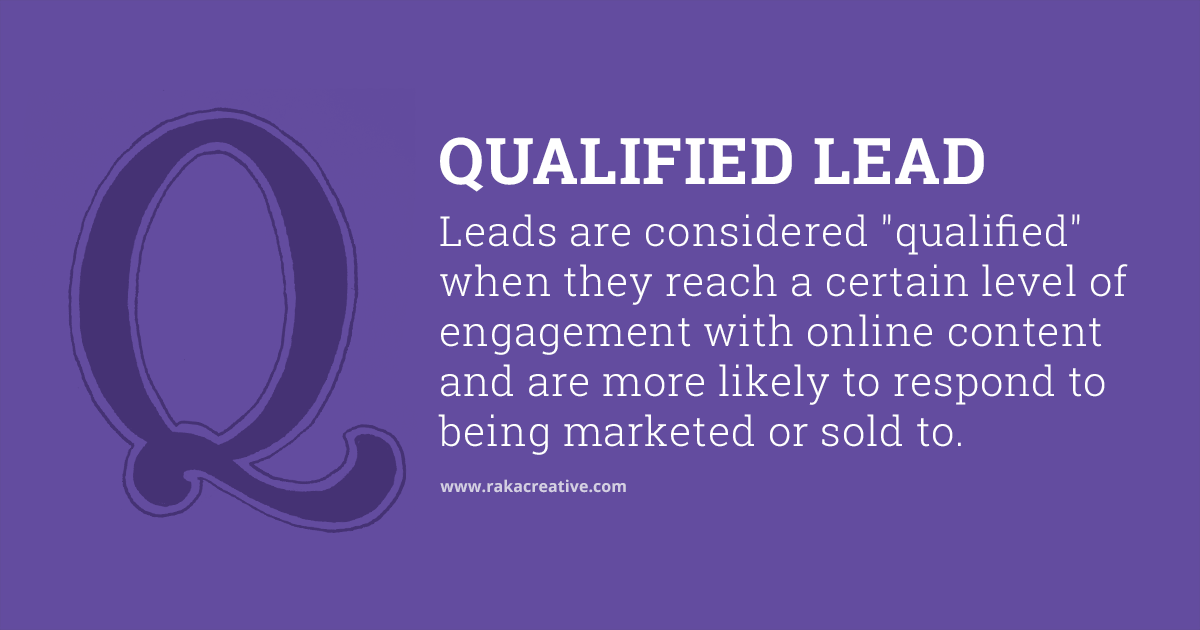This post was originally posted on March 14, 2018 and updated June 8, 2020.
Who out there knows that search engine optimization (SEO) is important to inbound marketing but can’t say why? Or maybe you know SEO is what gets organic traffic to a website, but you don’t know how to optimize a site for search? Hey, that’s okay. SEO has evolved, and continues to evolve, over the years. Let’s see if we can clear some things up about it.
Tell me more
Google and other major search engines display primary search results, where content is shown and ranked based on what the search engine deems most relevant to users. Because organic traffic is king in the ultra-competitive world that is the internet, sites do what they can to get on those first few pages of the search results.
That’s where SEO comes in. Rather than leave rankings to chance, people try to optimize their websites for search engines. How? By targeting content people search for, including that content on your website, and getting other sites to vouch for your stuff to Google et al. via links.

Why SEO is important to marketers
As I write this, there are over 1.5 billion websites on the internet. And that number increases every second. What makes you think your site is going to stand out from the pack? It’s like that awful truth of high school—there’s always going to be someone better looking, funnier, or smarter than you are.
You’ve got be clever.
Have a blog? Awesome. Now make it work for you. Your blog should be an SEO tool. Don’t write whatever blog posts float into your brain, be strategic about how you write. Create buyer personas to identify who you’re writing for. Then, map out content campaigns for these personas in advance, building each piece of content (blog posts, offers, calls-to-action) around specific search keywords.
By creating content that’s valuable to readers you’re investing in your own relevance and authority.
So how do I win with SEO?
SEO abuse and search engine manipulation are mostly things of the past. Years ago, too many people tried packing blog posts with keywords to earn better rankings and we ended up with crappy stuff like this: “10 Ways SEO is Possible if You Do SEO the Right Way by the Right SEO Standards.” As a result, Google updated (and continues to update) its algorithm to make sure that sites with low-quality or duplicate content, shabby backlinks and keyword spam are penalized rather than promoted in search.
Google’s recent effort to devalue such tactics and raise up the intent behind searches isn’t a bad thing. If marketers stay clever, they can avoid manipulation and achieve optimization. What does this mean for your company? You’ll want to
- Build—and commit to—a comprehensive content strategy emphasizing mixed media featuring website copy, blog posts, images, graphics, and videos. Take the necessary extra steps to optimize your copy, media and metadata.
- Feature your content on user-friendly website pages that are easy to navigate (and easy for search engines to index) and that meet acceptable standards for page speed, mobile-friendliness, and ADA compliance.
- Include strong visual and text-based calls to action on these pages to encourage visitors to take an action (i.e. to decrease bounce rate).
- Promote it using targeted methods (segmented email lists, paid and organic social media and retargeting tactics) to reach the right audience with your content.
If you skimmed this post…
Search engine optimization (SEO) is an activity that is done in the name of improving search engine rankings. It is the crossroads of website design (user experience), technical development (site performance) and brand messaging (content marketing). The best way to optimize your content is to focus on giving your customers what they’re looking for.
Want to learn more awesome inbound marketing terms? Check out our Inbound Marketing Definitions page.







